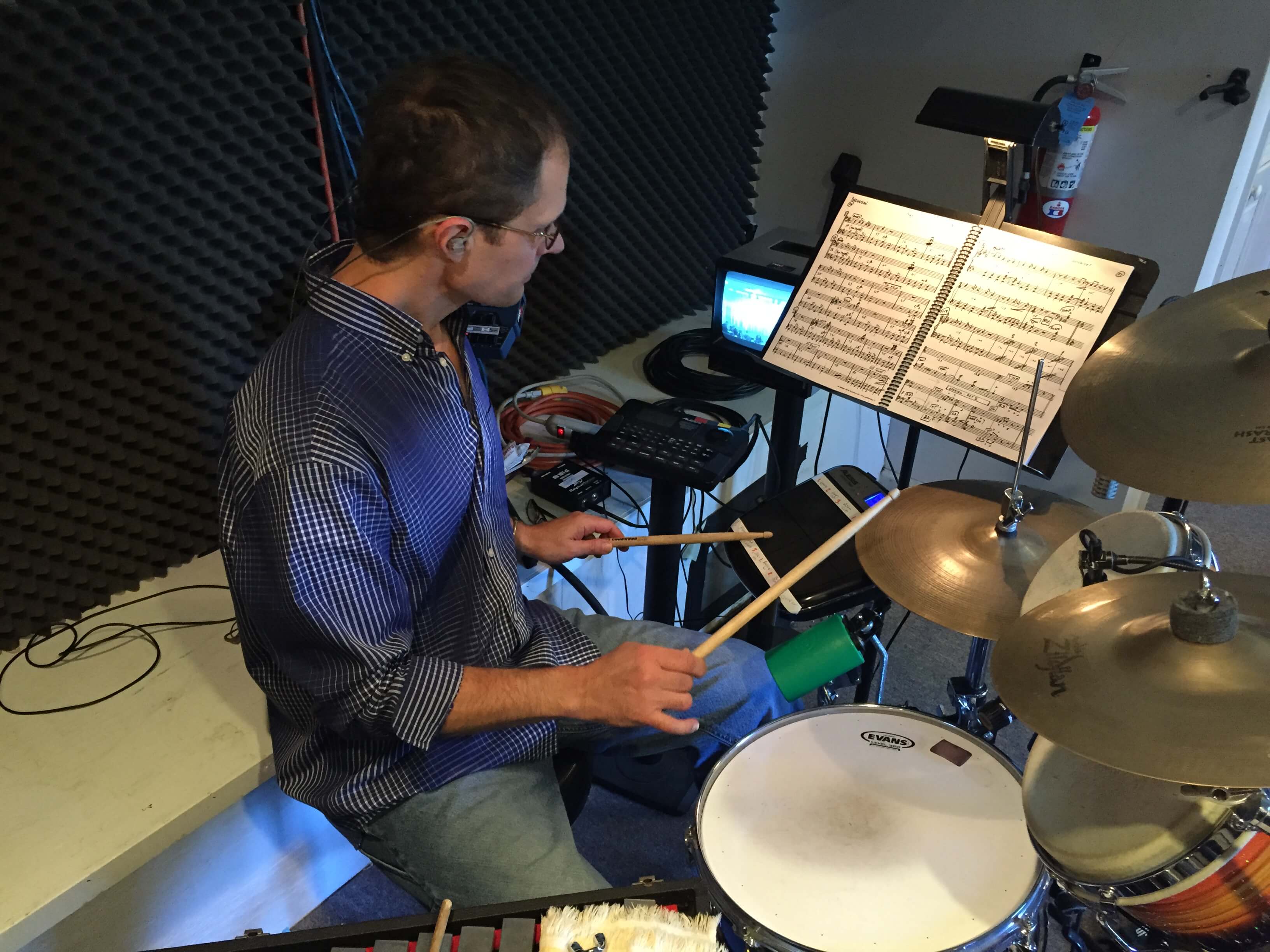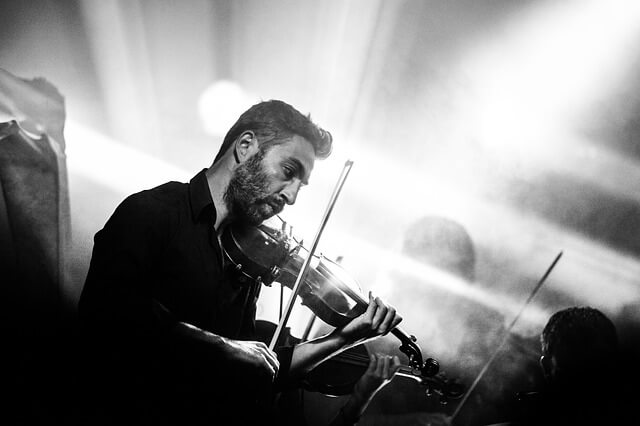Learn To Read Music-
Pros and Cons
I have two words for you if you DON’T want to learn to read music.
Why not?
How can NOT learning to read music possibly help your music career?
If you are serious about becoming a professional musician, doesn’t that mean…
-
Expanding your opportunities
-
Building your confidence and
- Learning the language of music
Doesn’t that require learning to read music?
MAYBE… MAYBE NOT.

I Get It!
After all, some of the most successful musicians and songwriters in history can’t read a note.
Soooooo, why bother? Right?
If they didn’t learn to read music… why should you?
It’s a legit question.
For example, I work with musicians all the time that never learned how to read music. But, they play great.
Many write their own songs, and have been quite successful in the music business.
Likewise, I have worked with musicians that could read music well, but weren’t very creative, didn’t bring anything special to the gig, and will never perform at a high level.
Nevertheless, I must ask:
What does that have to do with You and Your Music Career?
The Beatles didn’t read music, but George Martin, their producer, did.
Michael Jackson didn’t read music. On the other hand, his producer, Quincy Jones, noted producer with 27 GRAMMYs, did read music.

As a lifetime, professional musician – here’s my humble opinion:
The #1 Reason to learn to read music is for Speed.
- If you want to go to music school, learn to read music NOW – Not Then. Save time and money.
- When there are recording studio opportunities, many times there are charts. Why? Saves time.
- Auditions for a band, theatre or traveling production often require sight-reading. There isn’t time for those who can’t.
- DIY self study as you learn from the musical scores and charts of others. It’s faster and cheaper than music school.
- The ability to notate your own music saves time and money in teaching your music to others, as well as copyright and publishing options..
The remaining concerns are common, but easily addressed:
- “It could mess up my style…”
ANSWER: Does being able to read and write mess up your style?
- “I don’t need it for the style of music I want to play…”
ANSWER: Maybe not – but why limit your options?
- “I don’t want to sound mechanical…”
ANSWER: Then learn to read music the right way.
Bottom Line: You are responsible for reaching your musical goals.
If you need to learn to read music in order to do that – Do it.
Reasons For Reading Music
Here are five:
1. Learn To Read Music To Make Money
To be blunt, if you can solve a problem for somebody – you can get paid.
Filling in for a sick musician, playing parts in the studio, arranging a track for a vocalist, writing out a chart, teaching others about music, composing and scoring a film… all involve getting paid.
There are countless opportunities for musicians that DO NOT read music, and just as many for those that DO. Why not excel in both?
You don’t have to choose one or the other.
Of course, play by ear, improvise and jam. Why wouldn’t you? But that doesn’t mean you can’t do it all.
Money isn’t everything, but if you want a full-time career in music, reading music can help.
2. You can Learn To Read Music To Speak The Language
Reading music builds your musical vocabulary.
From Timing and Tempo to Key and Form, reading music covers it all.
You should be able to talk intelligently about music, like any other professional.
-
Mechanics know tools.
-
Doctors know medicines.
- Musicians should know music.
Similarly, if you need a lawyer, would you hire one to represent you in court that couldn’t read or speak legalese?
3. It’s possible to Learn To Read Music For Confidence
Aren’t you tired of guessing about basic music tools?
-
What key is it in?
-
What scales work with this chord?
-
How do I play that chord?
-
Why can’t I sing the right pitches?
- How does that rhythm go?
- Wish I could read sheet music.
A music career has so many variables beyond your control.
Knowledge of the basic tools of your gig is something you can control.
Learning to read music is a powerful way to prepare yourself for anything that comes your way.
4. You may also Learn To Read Music just For Fun.
It doesn’t have to be for a professional music career.
Reading music can be just for your enjoyment.
One of the most brilliant minds of human history recognized the simple joy and pleasure of making music:
“Life without playing music is inconceivable to me. I live my daydreams in music. I see my life in terms of music… I get most joy in life out of music.”
Einstein
5. Many people Learn To Read Music for Health Reasons
There are studies that prove learning to read music develops your brain in unique ways.
This one suggests rhythm abilities are connected to improved performance in other areas…
https://www.eurekalert.org/pub_releases/2013-09/sfn-atm091313.php
GO RHYTHM!!!!
Some even argue that learning to read music can make you smarter…
I have read enough evidence to believe it can make a big difference in the brain development of children.
There is also evidence that playing music may have a preventive effect against dementia. That’s huge!
http://www.cnn.com/2013/08/31/health/music-dementia-link/index.html
Want The Advantages?
So, learning to read those little black notes may have some benefits for you.
If you decide to learn to read music, do it the right way. Don’t let it become a miserable experience.
I have my own way of teaching that is fun and super effective. To learn how to read music the right way, check out our breakthrough system, “How To Read Music – See it, Say it, Play it”.

Want to Learn More?
Here are more great tips about learning how to read music in “Reading Music – Secrets of the Pros.”
Questions & suggestions
Your information will never be sold or given away. We Hate spam!